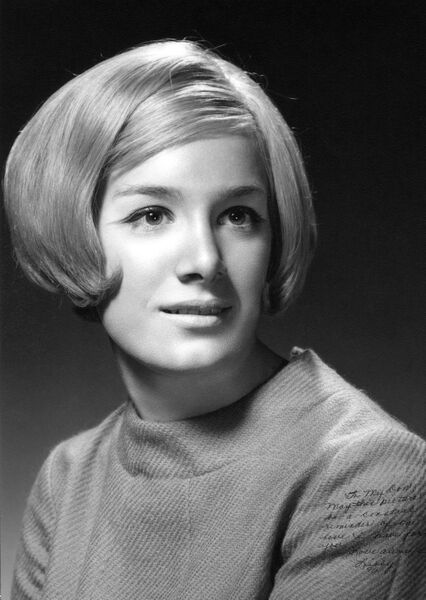In 1968 I turned 20 during my second year at UCLA, where I studied English literature because I loved to write. As a naïve 20-year-old, I lived alone, read and wrote volumes because of my chosen major, and hoped that I could help change the world. The previous five years had challenged my hopes and dreams with the premature deaths of both parents and the uncertainty of who would care for me.
Upheaval reigned in the United States in 1968 as opposition to the U.S. involvement in the Vietnam War grew and the U.S.S. Pueblo was seized for spying by North Korea, who held its captain and crew hostage. Martin Luther King led peaceful civil rights demonstrations, Robert F. Kennedy challenged incumbent President Lyndon B. Johnson for the Democratic Party’s presidential nomination, and many students became activists, hoping to make the world better. I was among them.
My personal hope arrived with an acquaintance I met in an English class and with the young man I’d been dating for more than a year. She became a lifelong friend, and he asked me to marry him. I said “yes.” We picked up my engagement ring on April 4, 1968. While driving home from the jeweler, we heard a news report that Martin Luther King had been assassinated in Memphis. What had been one of the happiest days of my life grew bittersweet, knowing that our country had lost a leader who brought hope and courage to so many.
Two months later Robert F. Kennedy was assassinated in Los Angeles after winning the California Democratic presidential primary. My tears flowed, and I almost gave up hope. But I persevered and thought of the words of poet Emily Dickinson, “Hope is a thing with feathers that perches in the soul, and sings the tune without the words, and never stops at all.” These words have become my mantra for life.

